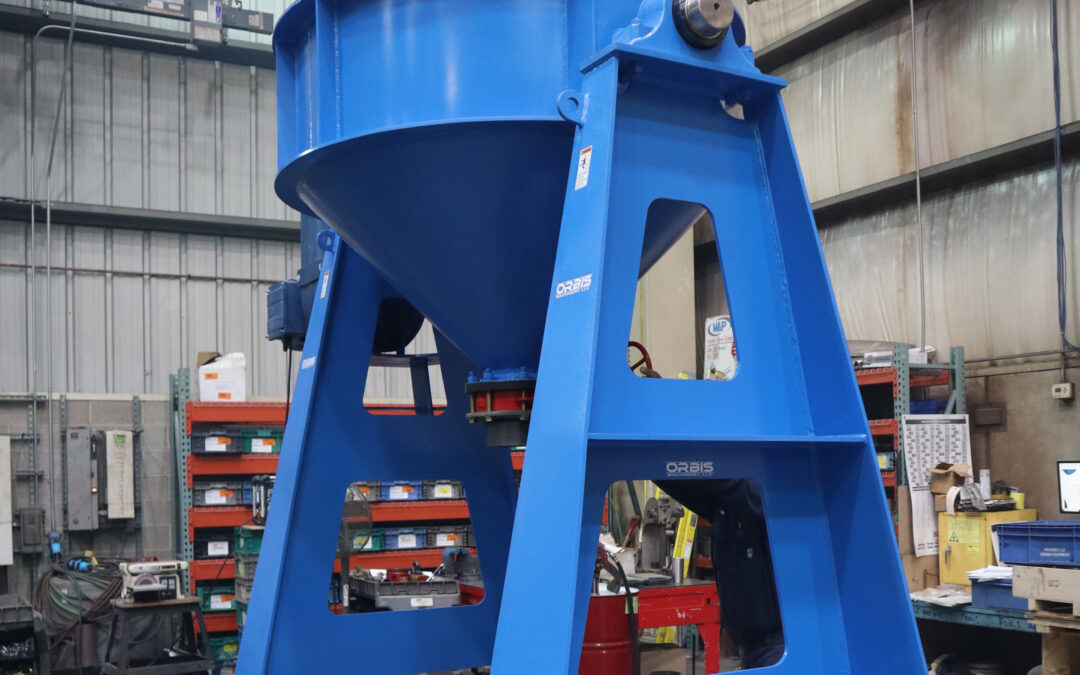Since the UK triggered Article 50 formally, it officially fired a gun on a two year time period on the government for negotiating the terms and conditions on the UK’s exit from EU. This leads to an era of prolonged and heightened uncertainty in the industry. The one thing that markets dislike, is uncertainty.
With the exit of Britain from EU coming on the horizon, there has been a serious impact on the UK manufacturing. British manufacturing output has hit low during the past two years since the European customers have become increasingly reluctant to get the components from the UK due to the fear of failure of supply chains.
If we look at the stats, the UK car manufacturing industry has taken a drop of 9.8% over these two years. This is clearly the impact of the Brexit. Only one-third of the British manufacturers intend to increase their investment in machinery and ceramic industry.
More than one-fifth of the manufacturing firms are planning to reduce their headcount and organizations are already making claims that they have been losing business. At this moment, there is uncertainty in everything, be it trade or agreements or the workers’ rights and freedom, due to this, organizations are not able to make longer plans.
A large number of industries are expected to suffer in terms of loss in pounds as well as investment. This is because more than half of the suppliers of manufacturing industries in the UK are based in the EU. When these suppliers are forced to activate the “no-deal” contingency planning, then definitely the market for ceramics and coatings could collapse in the UK. The “no-deal” planning for these industries includes the stockpiling of the major raw materials and finished products. This in turn leads to the hiring of extra warehouse space thus setting up legal entities in the EU.
Multiple tariffs are going to be imposed and chemical regulations on the raw materials as well as the finished products costing the industry huge amounts of loss. These tariffs will have an adverse effect on the UK exports of paintings, confectionery, coatings, and inks significantly affecting their influence in the market.
The impact of Brexit on the manufacturing industry is bringing them to the verge of extinction. According to a survey conducted by the manufacturers it is revealed that the growth in the manufacturing industry has slowed down to its minimum level since the Brexit took place. This has drastically reduced exports. The analysts have blamed Brexit for the recession that took place in 2018. Also the uncertainty caused by the Brexit was to be blamed for the failure of UK manufacturing firms to capitalize on a strong expansion in the global demand.
Finally, it is certain that Brexit will remain covered with uncertainty in the year 2019 and beyond. The industry needs to institute new management and governance strategies to help facilitate the transition to the new regime.
Holloway, T. (2018, June 05). Don’t fall off the production line: How manufacturers can thrive in post-Brexit Britain. Retrieved from https://www.manufacturingglobal.com/leadership/dont-fall-production-line-how-manufacturers-can-thrive-post-brexit-britain
How will Brexit affect the UK’s manufacturing industry? « UK Trade Policy Observatory. (2018, February). Retrieved from http://blogs.sussex.ac.uk/uktpo/2018/02/06/manufacturing-industry/
O’Carroll, L. (2018, June 13). Brexit: Parts of UK manufacturing ‘at risk of extinction’, CBI says. Retrieved from https://www.theguardian.com/politics/2018/jun/13/brexit-parts-of-uk-manufacturing-at-risk-of-extinction-cbi-says



